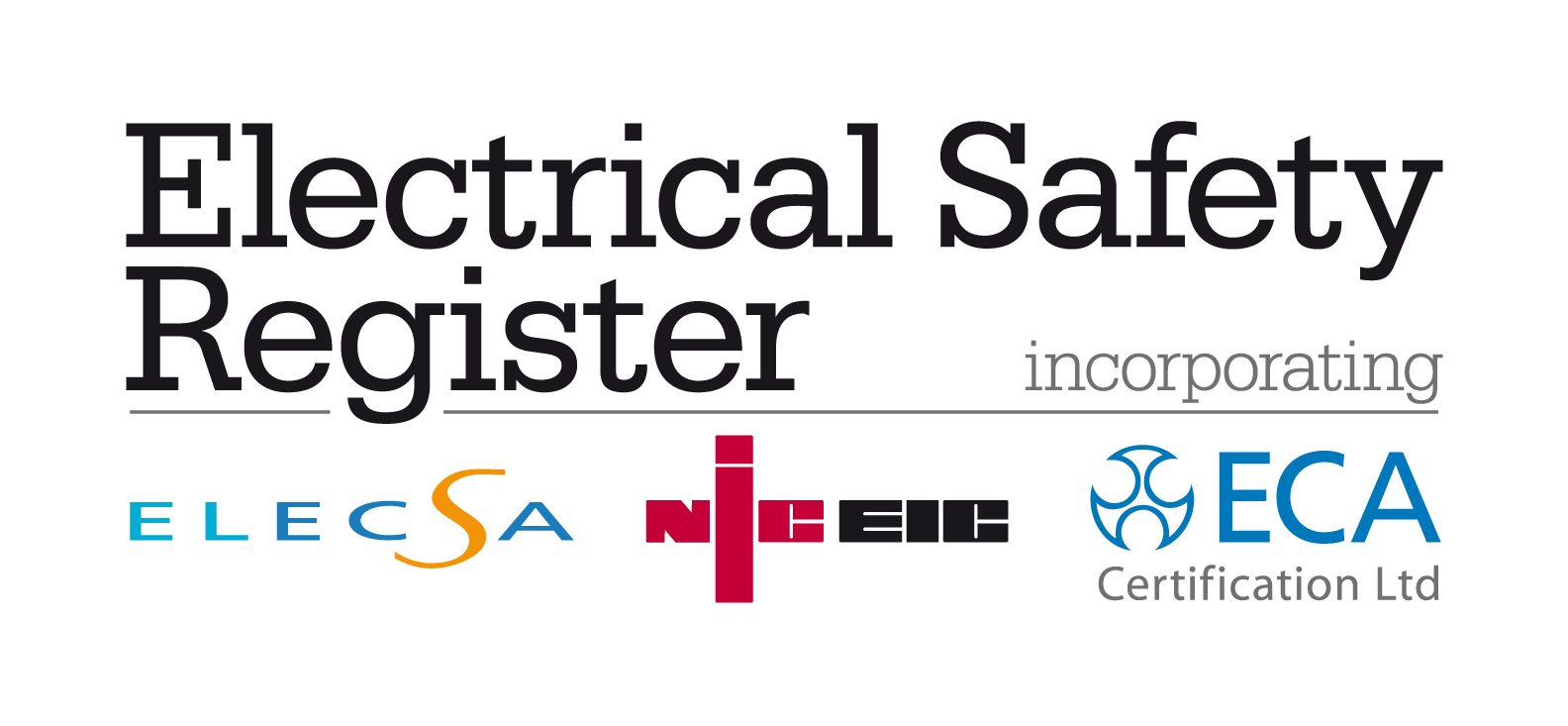Electrical Installation Condition Report /
Periodic Inspection and Testing
Long title, the old Peridoic Inspection and Testing reports have been replaced by the Electrical Installation Condition Report. These reports are only for assesing the condition of existing electrical installations.
We would like to see these compulsary for landlords, and when a house is sold. The condition of your wiring should be checked regulary, at least every 10 years, or change of tenant.
All non-domestic electrical installations should be subject to a regular programme of testing and inspection to comply with current legislation. You must ensure that all necessary precautions are being taken to reduce the risk of injury through electrical failure.
Periodic inspection and testing should be considered if it is required by a governing body or particular directive (ie Licensing authorities, insurance companies, Landlords etc)
There are many good reasons for adopting periodic testing. You may need to inspect and test to comply with the IEE Wiring Regulations 17th Edition. Or if you have recently acquired ownership or tenancy of business/workplace premises you may wish to ensure the installation is safe. If you suspect there is a fault or risk of failure, you must take steps to inspect the affected circuits urgently.
LANDLORDS
Electrical installations
Landlords should ensure that the electrical installation (fixed wiring, etc) is safe to use. The Landlord and Tenant Act 1985 requires landlords to ensure the electrical installation is safe when the tenancy begins, and that it is maintained in a safe condition throughout that tenancy. One way of ensuring safety is to undertake a regular visual inspection of the installation, looking for any obvious signs of damage such as damaged cables, socket-outlets showing scorch marks, etc. In addition, the Institution of Electrical Engineers recommends that electrical installations are formally inspected and tested by a competent person on change of occupancy, and at least once every ten years.
Formal inspection and testing should only be undertaken by someone competent to do such work, such as an Approved Contractor. Formal inspection and testing should be more frequent where the risk is found to be greater, for instance where the installation is very old, where damage is regularly found during inspections, etc.
Electrical appliances
Official guidance issued by the Department of Trade and Industry strongly advises estate agents, letting agents, landlords and anyone else who lets furnished accommodation to seek independent advice as to who is responsible for the safety electrical appliances supplied in the course of business. If landlords provide any electrical appliances (cookers, kettles, toasters, washing machines, immersion heaters, etc) as part of the tenancy, the Electrical Equipment (Safety) Regulations 1994 require them to ensure the appliances are safe to use when first supplied. Each time the property is re-let, it will be classed as supplying to that tenant for the first time.
Landlords therefore needs to maintain the electrical equipment they supply, taking reasonably practicable precautions to ensure the appliances are safe. A combination of visual inspection, and formal inspection and testing by a competent person such as an NICEIC Approved Contractor, should help achieve this.
Landlords' guide to electrical safety
Contact Us
For more information or to discuss your requirements please contact us on 01603 722163 or email us at info@crittenelectrical.co.uk.


